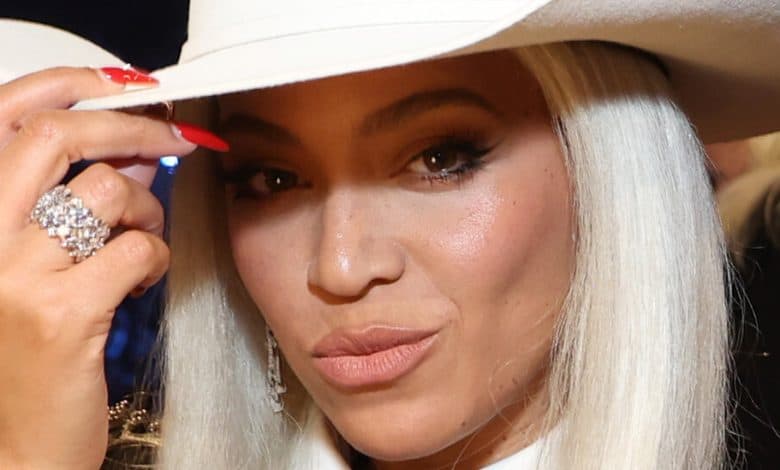Black Pop Artists Have Long Gone Country. Here’s a Brief History.

When Beyoncé confirmed that she would be going all-in on country music with “Cowboy Carter,” the second part of a project that began with her 2022 album “Renaissance,” conversation about pop artists turning to the genre — and how Black artists are received in Nashville — began to heat up.
Country remains a cloistered segment of the music industry where Black performers continue to face an especially challenging path — despite the fact that Black pioneers have been essential to the genre, including Lesley Riddle, known as Esley, a guitarist and folklorist who taught the Carter Family in the 1930s and Charley Pride, who scored more than 50 Top 10 country hits from the 1960s through the ’80s.
In the past few years, Lil Nas X sparked cultural debate and hit chart gold with “Old Town Road,” a country-rap mash-up that was followed by the arrival of Breland’s aesthetic blend “My Truck,” and songs from O.N.E the Duo, a mother-daughter group making a hybrid of country, R&B and pop. But there’s also a long history of Black artists embracing country after establishing careers in other genres. Here’s how some key figures fared.
Ray Charles
Ray Charles’s passion for country music dated back to childhood, when his mother would let him stay up late on Saturdays and listen to the Grand Ole Opry. As he told Terry Gross on “Fresh Air” in 1998, “it was fascinating what these guys could do with these banjos and these fiddles and the steel guitars.”